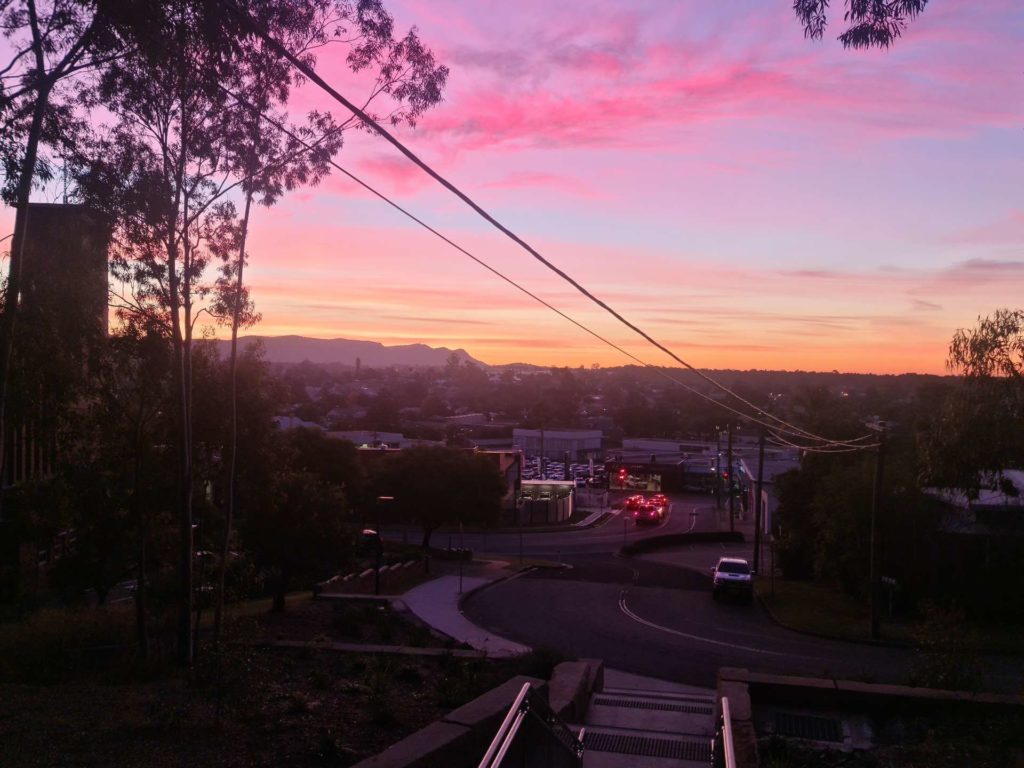I wish to speak today of a strange phenomenon in my electorate—and, to be perfectly honest, I do not know whether it is a good or a bad thing. I speak of the booming resource sector and the impact that it has on employment. Let us start with the good. Now, more than any other time in my life, people are finding employment in coalmines. Not a week goes by when I do not see more job advertisements and hear more stories about more people that I know starting work in the mines—a terrific opportunity for all of those workers to earn really good money and improve their financial status.
The opportunity for wealth creation is a typical Australian dream and privilege. Many in this House will have heard or read about the wages of mine workers. Mines are often portrayed by media agencies as the gravy train to wealth. Well, I can say with authority that it is not quite as luxurious as it is often portrayed, but mineworkers do earn a good and attractive wage, generally in the vicinity of $100,000 to $120,000 a year. I highlight the wages and the opportunity because it is crucial to my statement today that we understand this. And I will happily add and openly declare that I have dozens of friends who work in mines right across the Hunter Valley, as well as in Queensland and Western Australia. I also declare to this House that many of them are currently negotiating wages increases of between 5 per cent and 7 per cent for the coming three to four years. Good on them. This is a terrific time for the industry, and if the workers can share in the wealth created all power to them.
Now, let us go to the bad side of this. The mines are dragging workers from every imaginable sector into the industry. During my campaign I heard a story of a winery that had been unable to retain tractor drivers, because with the income of a tractor driver at $40,000 to $50,000 it just could not compete: the same worker could go to work at a mine and earn more than $100,000. Consequently, the owner of the winery has to drive his tractor. Instead of being in the cellar and crafting and creating the wine he is out in the fields on his tractor. Let me tell the House about my friends who were once police officers, nurses, teachers and prison officers. They too have left their occupations to go into the mines. These clever, intelligent, talented and highly skilled people are now driving roof bolts, spraying concrete and driving trucks—quite a waste of their skills. But, all power to them: they can earn a lot more money in a mine.
Two weeks ago I spoke to a plumber who had lost two tradesmen plumbers and a person who was in the third year of his apprenticeship. The plumber, who was at my house doing some work, explained to me that it is almost impossible for him to retain plumbers, needed to provide a basic service, because they leave and go to work in the mines. So my electorate has something of an employment crisis for those who are interested in finding work and doing well for themselves. The mines are the source of the problem. So where to from here? I say to the current Government that the release and approval of future mines, or the expansion of mining leases, must be done with considerable thought given to the balance. We must reach a balance of what is sustainable, not just from an environmental perspective but also from a community and workforce sector perspective, because what we currently have is bordering on unsustainable.
The second is that I fear that, possibly more in my electorate than in any other, the workforce will suffer at the hands of the 2.5 per cent cap placed on public sector wages by the current Government. I have spoken about the fact that even in good times I know police officers, nurses, teachers and prison officers who have gone into the mining industry. I can only imagine that, with mines currently negotiating 3, 4, 5, 6 or 7 per cent increases, the gap will widen. It will be more attractive and the incentive for people to leave the public sector and go to work in the mines will increase. It greatly concerns me to hear the simple stories of a plumber and a winemaker—and, let’s face it, we are known for our wines. It is of real concern. I hope that the Government will keep this in mind as we go forward. It is important that I raise this matter in the House today and do the right thing by my constituents. It is of genuine concern—it is not imaginary. It is out there and it is real, and I say to the House today that I fear—and I hope that my fear is unfounded—that my electorate is going to suffer from the 2.5 per cent wage cap.
